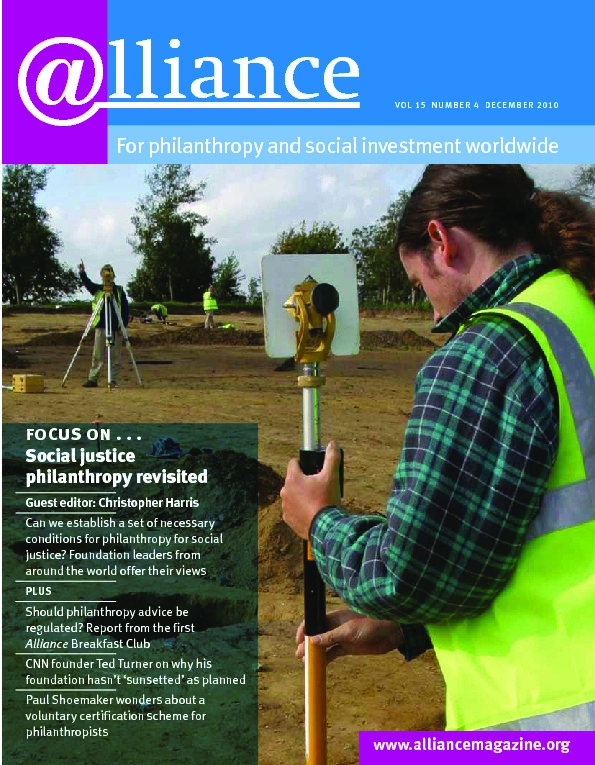Founded as a consulting practice in August 2010 and currently developing foundation status, dāna asia is a new Asian initiative which is primarily focused on enabling high-impact philanthropic grants and social investments into the region.
While there has been tremendous growth of wealth in the Asia Pacific region and the number of ultra HNWIs (high net worth individuals) and HNWIs increases every year, there is also devastating poverty and inequity. The Asia Pacific’s HNWI population reached 3 million in 2009, matching that of Europe for the first time. At the same time, Asia Pacific wealth rose by almost 31 per cent to $9.7 trillion, surpassing the $9.5 trillion in wealth held by Europe’s HNWIs. However, wealth has not been equitably distributed, and more than 600 million people coexist in poverty alongside these wealthy individuals.
dāna asia is co-founded by Duncan Power and Priya Viswanath, philanthropy practitioners with over two decades of experience in managing philanthropic institutions, programmes and grantmaking in the Asia Pacific region. After leading local CAF operations in Australia and India, guiding companies and individuals in their grantmaking to a range of countries in the Asia Pacific, they decided to pool their strengths and capabilities and set up a foundation that would focus on giving by wealthy individuals for equitable development in the region. The board of dāna asia includes business and civil society leaders from diverse sectors and emerging markets in the Asia Pacific region.
dāna asia’s services include philanthropic advisory, grantmaking, due diligence, monitoring and evaluation, research and training. Advisory services are available to ultra HNWIs, families and professional advisers and also to grantmaking foundations in Australia, Europe and the US.
For more information
http://www.danaasia.org






Comments (0)